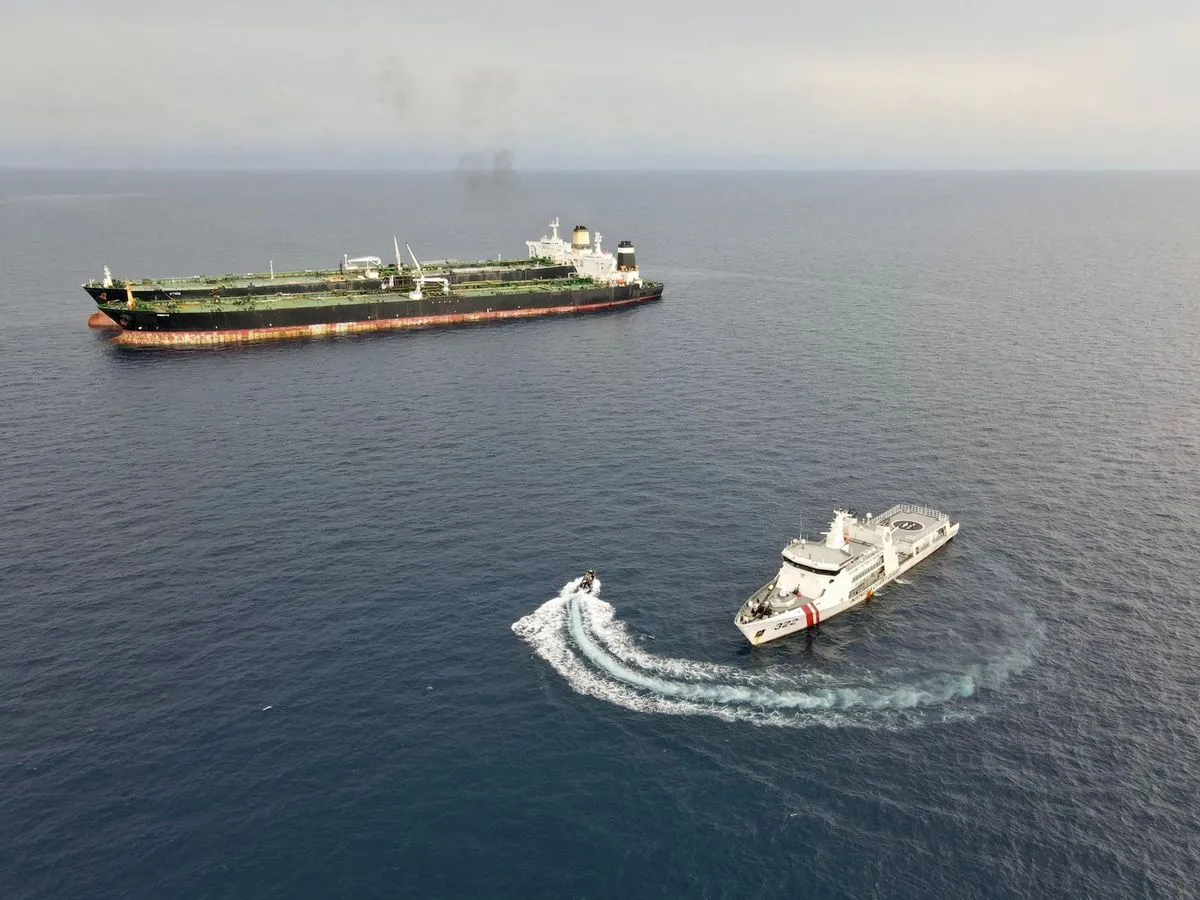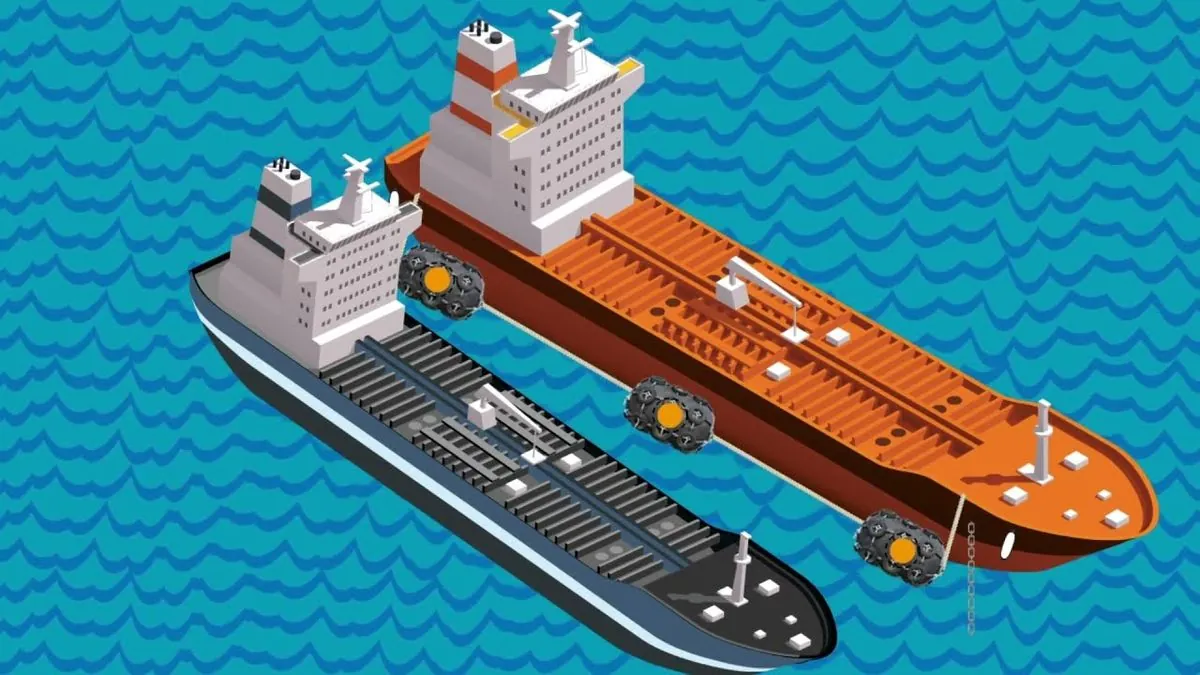U.S. Treasury Targets Iranian Oil Network with New Sanctions
U.S. imposes sanctions on entities involved in Iranian oil shipments to Syria and East Asia, aiming to disrupt funding for terrorist activities. Syrian shipping magnates implicated in the action.

The United States Department of the Treasury has implemented new sanctions targeting a network involved in the transportation of Iranian petroleum products. This action, announced on September 25, 2024, affects over a dozen entities and vessels associated with the shipment of crude oil and liquid petroleum gas (LPG) to Syria and East Asia on behalf of Iran's Revolutionary Guards and Hezbollah.
The sanctions specifically target four vessels linked to the fleet of Syrian shipping magnates Abdul Jalil Mallah and his brother Luay al-Mallah. Abdul Jalil Mallah had previously been sanctioned by the U.S. in 2021, while Luay al-Mallah was newly designated under these sanctions.
Bradley T. Smith, the acting under secretary of the Treasury for Terrorism and Financial Intelligence, stated:
"Iran continues to rely heavily on the illicit sale of oil and liquid petroleum gas by the (Revolutionary Guards) and Lebanese Hezbollah to fund its terrorist proxies and destabilizing activities."
This move highlights the ongoing efforts of the U.S. to disrupt funding sources for groups it considers threats to regional stability. The Iranian Revolutionary Guard Corps (IRGC), established in 1979 after the Iranian Revolution, and Hezbollah, a Lebanese Shiite Islamist group founded in 1982, are primary targets of these sanctions.
The U.S. Treasury, founded in 1789, has a long history of using economic sanctions as a foreign policy tool. The Office of Foreign Assets Control (OFAC) plays a crucial role in administering and enforcing these sanctions. Syria has been under various U.S. sanctions since 1979, while sanctions on Iran were first imposed in the same year following the Iranian hostage crisis.
Iran, possessing the world's second-largest natural gas reserves and fourth-largest proven oil reserves, has seen its oil exports significantly decrease since the reimposition of U.S. sanctions in 2018. This action followed the U.S. withdrawal from the Iran nuclear deal. The country has developed a "resistance economy" to counter the effects of international sanctions.

The global shipping industry, valued at over $14 trillion annually, often becomes entangled in these geopolitical issues. Sanctions evasion techniques frequently involve ship-to-ship transfers and falsifying shipping documents. The Strait of Hormuz, controlled by Iran, remains a crucial chokepoint for global oil trade.
East Asia, particularly China, has been a major consumer of Iranian oil. The ongoing Syrian Civil War, which began in 2011, has significantly impacted the country's economy and oil industry, further complicating the regional dynamics.
The U.S. Treasury's terrorism and financial intelligence unit, created in 2004, continues to play a vital role in identifying and targeting networks that support activities deemed threatening to U.S. interests. As these sanctions demonstrate, the complex interplay of maritime law, international trade, and geopolitics remains a challenging arena for policymakers and industry players alike.


































